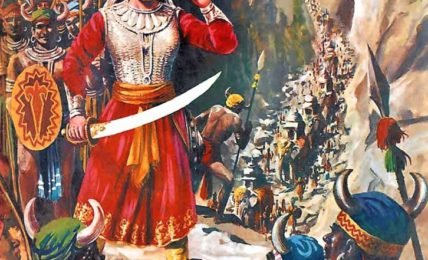What Prompted the Largest Grassroots Mobilization of Hindu Americans in History? “Academic” Aggression Against the essence of Hindu Belief System(s).
If there is a silver lining to the cruelty of the DGH event, it will be in its uniting of Hindu Americans and Hindus globally in opposition to it.




